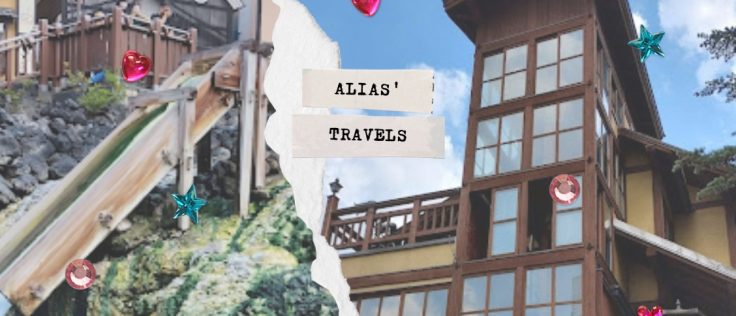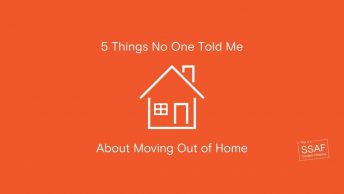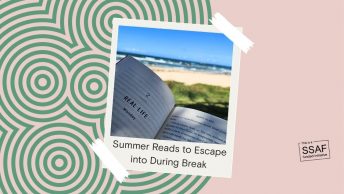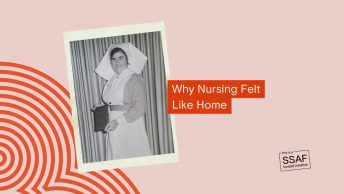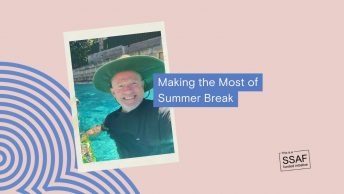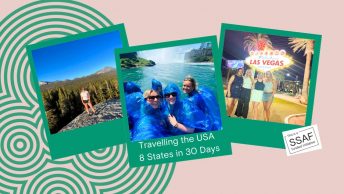Written by Alias Bullock
Charlie Contributor Alias Bullock is back again to dive into the dynamic world of distance learning while in Japan.
Join them on their journey where education transcends physical boundaries, and the world becomes your campus.
The Forum.
From the Latin, “what is out of doors”; coming to denote the meeting place city centre – a political, social, religious, economic gathering.
The community focal point.
You could buy a chicken, listen to the new philosophical thought, or see the latest legal cases unfold for public consumption.
Teachers would lecture there.
Afterall, the traditional idea of a university course has been cemented in our minds for centuries: a lecture hall, with staggered rows of chairs; crowded by young adults intently focused on a lecturer standing at the front orating knowledge on their expertise.
Swapping out chalk boards and drawings for whiteboards and overhead projectors, then PowerPoint slides and YouTube videos.
Students scribbling notes with quills, dip pens, fountain pens, pencils; and eventually keyboards.
The details have changed but the format has remained largely unchanged.
And it is a format that is often cruel.
The traditional lecture hall was as alienating to the disabled as it was forbidden to women before the late nineteenth century.
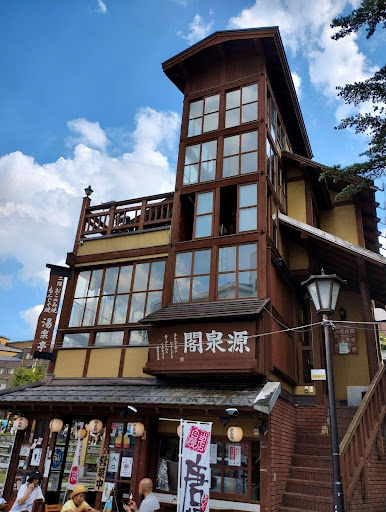
Tiered seats inaccessible to a wheelchair; a spoken lecture with no inclusion of any sign language; the sights and sounds overwhelming to hypersensitivity; and the Socratic Method, first practiced in those open-aired forums, claustrophobic and confining.
The idea of sitting still and silent through a speech in a crowded lecture hall of strangers utterly prohibiting.
I have attempted a degree three times; and each time been forced by circumstance and health to withdraw.
Now, however, I am once again trying again: starting my degree with Charles Sturt University in the second session of 2022.
Charles Sturt University in many ways has been ahead of the curve, offering a format of education that has been largely flirted with since the dot-com revolution.
However, in March 2020 the World Health Organisation declared a global pandemic.
Initial expectations were optimistic: two weeks to flatten the curve, cut it off at the pass and then back to normal.
Then came the restrictions, the mandates, the lockdowns.
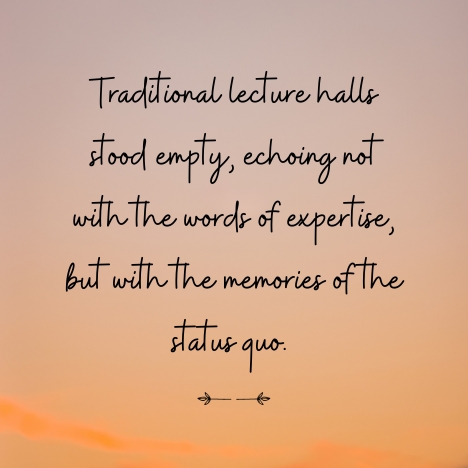
And the rest of the academic world had little choice but to play catch up to what Charles Sturt University had been offering for years: online tutorials, website forums to workshop with fellow students, digital modules and video meetings.
But online learning has offered me an opportunity to learn, to experience and to earn a way forward in my communities.
I have greater control over my own environment than ever, and the flexibility to study at my own speed.
Because of this, I can easily fit physical therapy around my education, spend time with family and loved ones, and work.
And not only that, it has opened opportunities for enrichment that would once have been impossible to do whilst studying.
In high school, the idea of travel during education was as prescribed as the lecture hall.
A gap year, backpacking to explore the world.
A session abroad to a foreign university. Discrete and proportioned experiences, a neatly divisible line between study and life.
So, the idea that I could visit my wife, as she taught English in Japan, for a month mid-session and still attend my weekly lectures for my university courses was as outlandish as teleportation.
And yet, that is exactly what I could do.
Travel, be with loved ones, learn; life and study entwined together like a growing vine.



